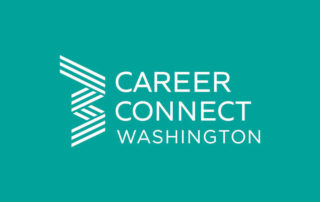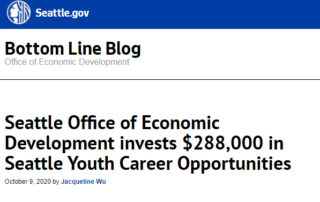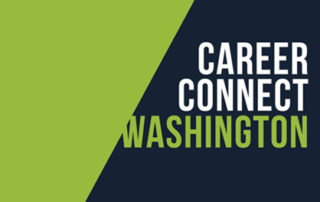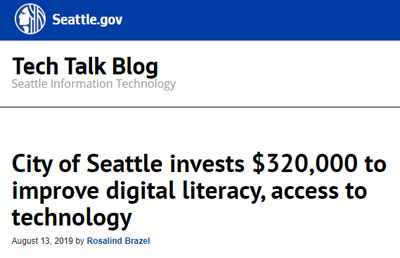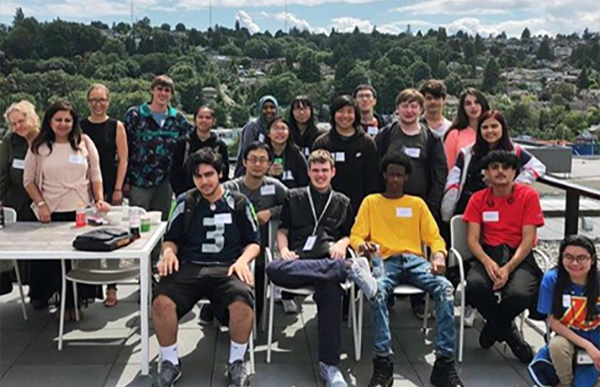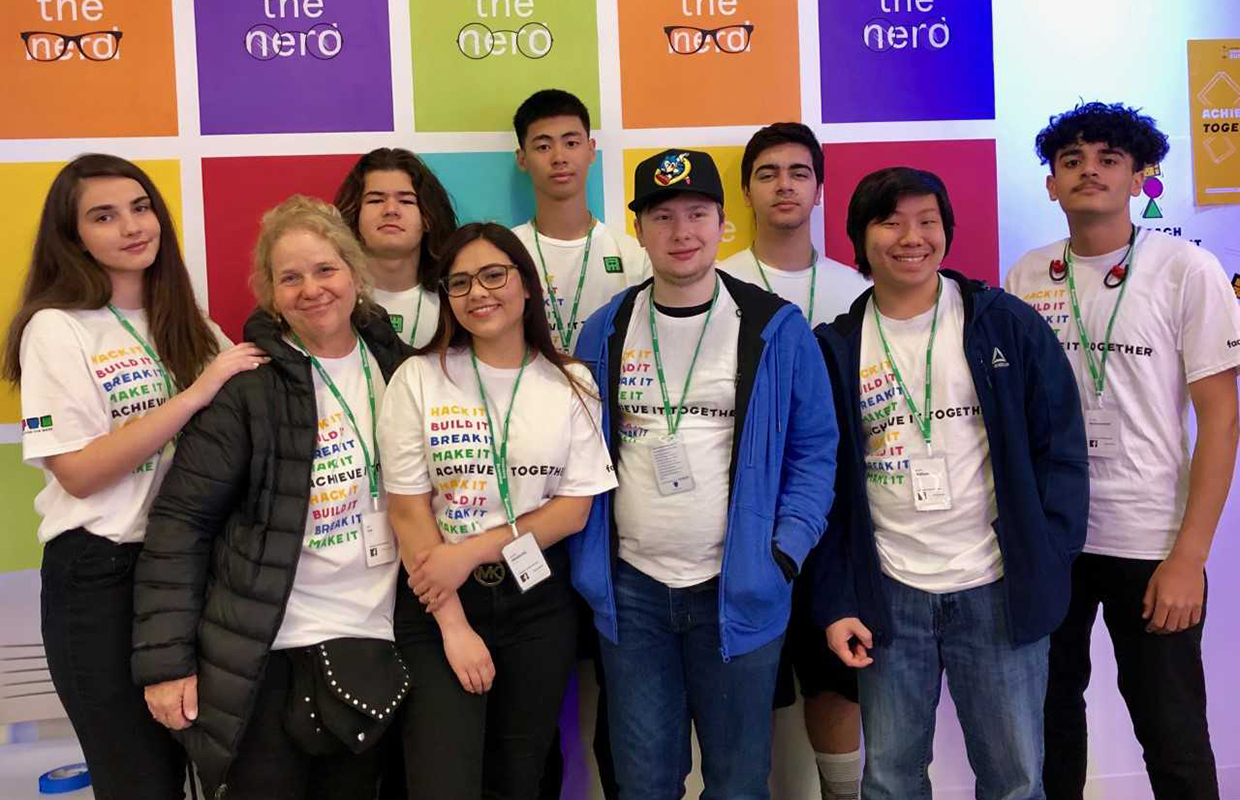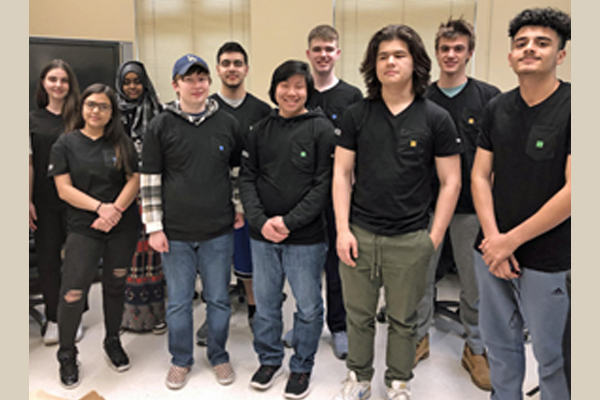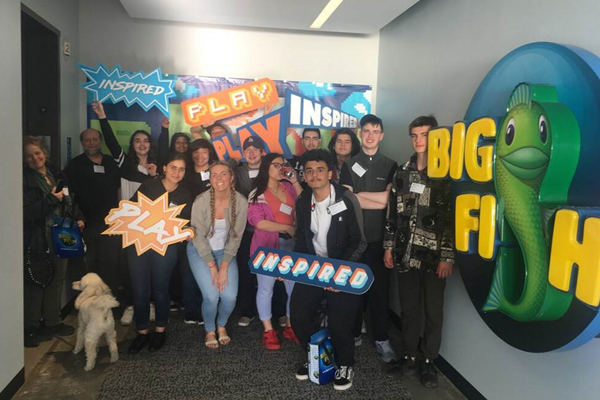Welcome to Digital Skills for All Blog
Computer Science. Tech. IT. We hear these words and phrases spoken almost daily on the news, on the Internet, and all over social media.

What is Career Connected Learning?
Career connected learning can be as simple as a business person visiting a classroom, talking about what they do Or a job shadow where a young person learns more about an occupation or business. Or in some cases it can be an internship, or a registered apprenticeship, where youth are paid while they learn hands-on skills.
“We are going to stop telling our kids that a four-year degree is the only path to success. Most of them will require education and training after high school, but that doesn’t necessarily mean a four-year college degree.
Through registered apprenticeships, technical training programs, and other career connected learning opportunities, we’ll give students all kinds of ways to fulfill their dreams of helping build airplanes, cure diseases, or design innovative new software.”
-Governor Jay Inslee

“The 21st-century economy necessitates, and rewards, both higher education credentials and skills development. As such, there is a growing interest among policymakers in creating and expanding effective Career and Technical Education (CTE) programs.
CTE is definitionally amorphous, with multiple possible characteristics and areas of focus.

The Opportunity Index clearly shows that one of the indicators most correlated with a region’s Opportunity Score is the percentage of young people ages 16-24 who are not in school or not working. If we can reconnect more youth to meaningful educational and career pathways, we will all benefit.
The personal and collective costs of youth disconnection are steep. Young adults who are not in school or working cost taxpayers $93 billion annually and $1.6 trillion over their lifetimes in lost revenues and increased social services.

Almost 19,000 of those young adults reside in KingCounty. Their contributions to the workforce are often undervalued due to myriad socioeconomic and workforce barriers such as poverty, racial bias, and lack of exposure to career connected learning opportunities; making it difficultfor young adults to obtain and sustain employment.
According to an Urban Alliance policy brief “each young person who disconnects from school or work costs an estimated $704,020 over his or her lifetime in lost earnings, lower economic growth, lower tax revenues, and higher government spending. The aggregate taxpayer burden is $1.56 trillion and the social cost of $4.75 trillion.”
The Seattle Region Partnership (SRP) is a multi-sector initiative founded by the Seattle Metropolitan Chamber of Commerce, Seattle Foundation, City of Seattle, and King County.

Approximately 51% of this population reported having a high school diploma or less in 2016, whereas 49% reported having some form of post-secondary education. Opportunity youth have been shown to contribute to declining economic and community conditions due to lost productivity, lost revenue, increased demand for welfare services and crime-related expenditures. This Beyond the Headlines makes recommendations on how to further research the opportunity youth population in Seattle and design higher quality solutions

Technical career pathways, particularly those surrounding advanced manufacturing (including production, engineering, sales and more), offer family wage employment with advancement opportunities tied to learning and performance. The old model of finish high school, get a degree or some job training and work for 40 years is dead. Most technical careers require ongoing professional development, likely reflected in a sequence of credentials that verify skills and signal potential employers.

Harvard University predicts only 33 percent of jobs will require a 4-year degree, while 57 percent will require training at the credentialed or associate degree level by the year 2018.

